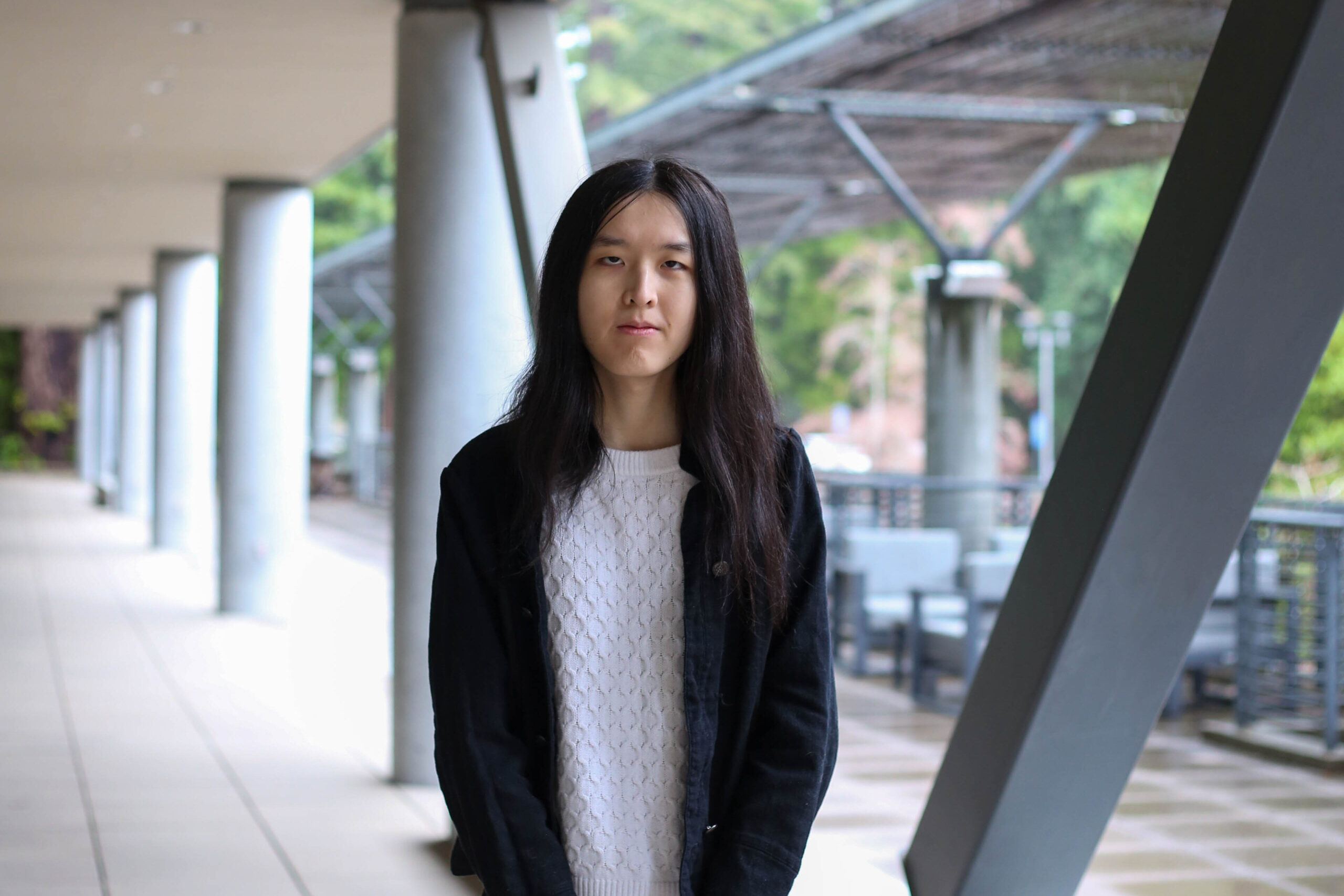Technology
Engineering undergrad is fastest to solve national codebreaker challenge for the second year in a row
Astra Tsai was the fastest student to solve the National Security Administration’s codebreaker challenge, which stimulates real-world security cases

UC Santa Cruz undergraduate computer engineering student Astra Tsai. (photo by Juliette Vazquez)
For the second year in a row, UC Santa Cruz undergraduate computer engineering student Astra Tsai was the fastest student to solve the National Security Administration’s (NSA) codebreaker challenge.
The NSA’s codebreaker challenge simulates real-world security cases that the agency tackles. It tests participants’ technical expertise, intuition, and common sense in solving a series of increasingly difficult coding tasks. Participants are challenged with reverse engineering and other cybersecurity tests, and may have to learn a completely new programming language or a new network protocol to solve each of the tasks.
“Completing the NSA challenge is impressive because the number of students that solve all tasks during the four month competition is relatively small; this year only 30 students were able to complete the challenge,” said Alvaro Cardenas, professor of computer science and engineering and faculty advisor for the Slug Security club. “Astra not only completed all of the tasks, but was the fastest for the second time in a row.”
Last year, Tsai was not only the fastest among her competitors, but she cut the former record time in half, after finishing all of the nine tasks in just five days. While she was still the fastest student this year, she was slowed down by a bug in one of the earlier tasks, which she alerted the NSA to with a bug report.
Tsai became interested in the competition after hearing about it through Slug Security, a Baskin Engineering student organization focused on cybersecurity. Although she had done some reverse engineering of games, websites, and simple malware, she did not have much experience with reverse engineering complex binary applications before the NSA codebreaker challenge — but was still the fastest hacker nationwide.
“I learned a lot about reverse engineering during my first codebreaker challenge in 2023,” Tsai said.
Tsai plans to compete in the 2025 codebreaker challenge, and possibly pursue cybersecurity as a career path.
Other members of the Slug Security club participated in the challenge, completing several of the tasks. Out of the 574 competing schools, the UCSC team placed fifth overall, their third consecutive year placing among the top five teams. The challenge ran from September 16, 2024 to January 17, 2025.